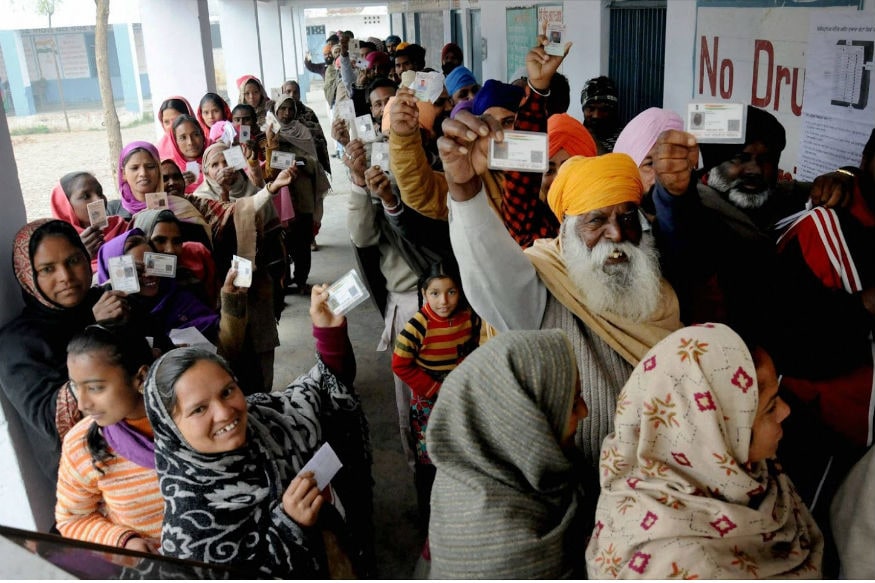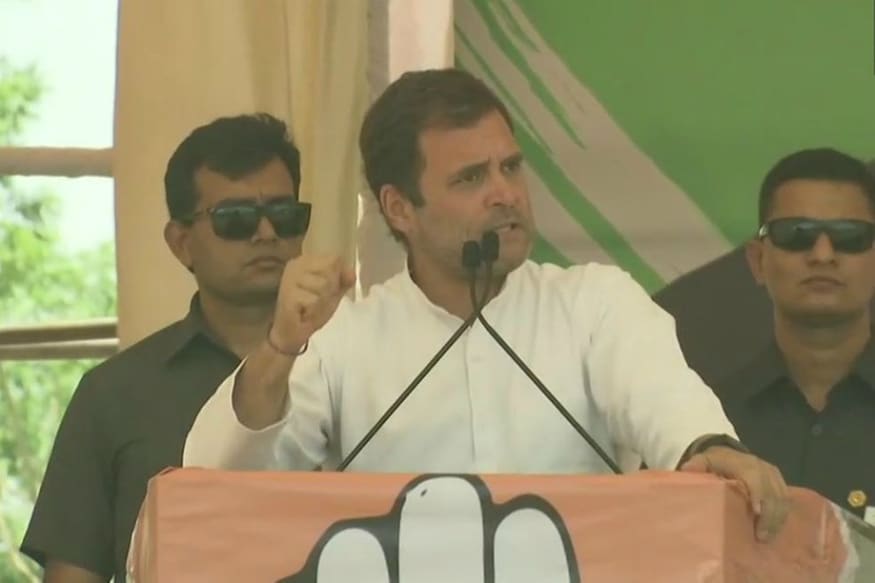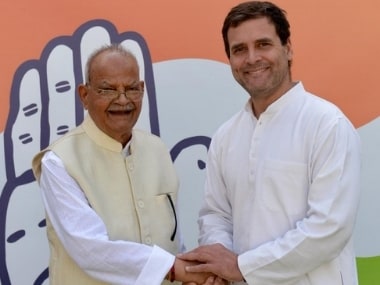In the first part of the hiring series, we look at how IT firms are looking at hackathons and gaming to recruit professionals.
The Indian IT industry generates at least one lakh new jobs a year. But if you thought that makes jobs readily available, the reality is different and that is because the industry, which employs more than 4 million people, has changed the way it hires. Basic skills are no longer in demand, and companies want candidates to be job-ready from day one.
At a time when the sector continues to be on a hiring spree, Moneycontrol looks into what has really changed in the way IT companies recruit. The five-part series will look at each emerging trend with a detailed lens.
When Venkat Raghavan* was in his final year of college, he knew which area he wanted to work – cloud computing. But he was not keen on campus recruitments that gave no guarantee of the profile he wanted. That is when he became aware of hackathons.
He attended one of the hackathons, conducted by a top IT company and landed a job soon after he graduated.
Digital, which is disrupting the IT sector, is changing the way people are recruited. For instance, campus hiring characterised by written test followed by interview is giving way to hackathons and gaming contests slowly.
Experts feel hackathons and gaming help enterprises identify talents effectively since the games/contest are designed to test a particular talent or skill.
This is how a hackathon works.
The company organising the contest gives a problem statement to the participants. In a recent hackathon held at a co-working space by a technology company, there were 50 participants. In campus recruitments, it could be over 100 depending on the vacancy the company is looking to fill.
The winners, runners and sometimes promising finalists, are given offers for internship or even employment depending on whether they are in pre-final or final year.
Since the contests are a test of skill, pay scale differs from traditional hiring. For instance, if a campus hired student gets a package of Rs 4 lakh per annum, the gaming contests can up your salary to Rs 6-7 lakh per annum.
Akhilesh Tuteja, Global Co-Leader - Cyber Security at KPMG, said that one of the reasons for companies to employ new-age technology for hiring is the aspirational value candidates attach to it. He explained that complexity of tests gives the candidate the confidence that he was chosen owing to his abilities. Hence it plays a crucial role why he/she might choose to work in such companies irrespective of pay package offered.
Popularity of hackathons
Hackathons started gaining popularity since 2016 as the IT industry went through a wave of digital transformation. Companies such as Mercer-Mettl came up with hackathon solutions that have become popular.
Siddhartha Gupta, CEO, Mercer-Mettl, an online assessment platform, said: "It is one of the fastest growing product for Mercer-Mettl as companies are not only looking to hire through hackathons but also engage with employees and candidates."
Gupta explained that companies use hacking contests for campus hiring, engage with future candidates in colleges and also to select candidates in newer areas such as IoT and AI. Hackathons are also more efficient as there is no duplication of records and are more focused compared to traditional recruitment.
While a few companies use third parties such as Mercer-Mettl, IT firms such as TCS are investing heavily in gamified hiring platforms over the last seven years. TCS has developed various platforms such as hacking contest (TCS HackQuest), coding contest for quality engineering (TCS EnQuode), programming as a sport (TCS CodeVita), contest with focus on Cloud, Automation & Artificial Intelligence (TCS Inframind).
"Gamified hiring is a win-win for the organisation as well as the students as it marries the organisation opportunities with student aspirations. It has been our observation that the employees coming through the gamified hiring route are high performers and are highly self-motivated and their retention rates are also high," Krish Ganesan, VP & Global Head, Talent Acquisition, TCS, told Moneycontrol.
Time ahead
Supaul Chanda, Business Head, Teamlease Digital, an IT staffing firm, said while the latest technologies such as cloud, AI and IoT are much in demand, majority of the work that is happening in India continues to be traditional outsourcing work including support and maintenance of legacy software.
Maintenance and support of legacy systems do not necessarily require the knowledge of new age technologies. This means that IT firms would need people, who can work on these legacy project that are still the major revenue generators. These hiring, which is in bulk, follow the traditional hiring practice of written tests and interviews.
That is precisely why, Chanda said, "It will be a while before hackathons can replace traditional recruitment methods."
*names changed to protect identity
(This is the first part of a series looking at what has really changed in the hiring practices of IT services companies. Tomorrow, the second part of the series will look at how H-1B visa issues under Trump administration could actually be a blessing in disguise for IT majors)




























































